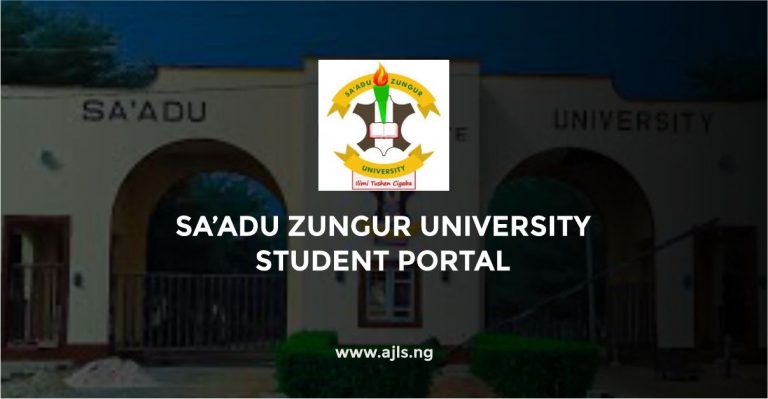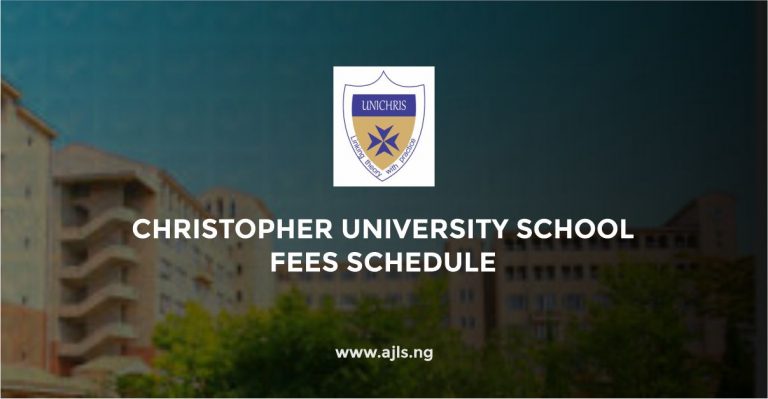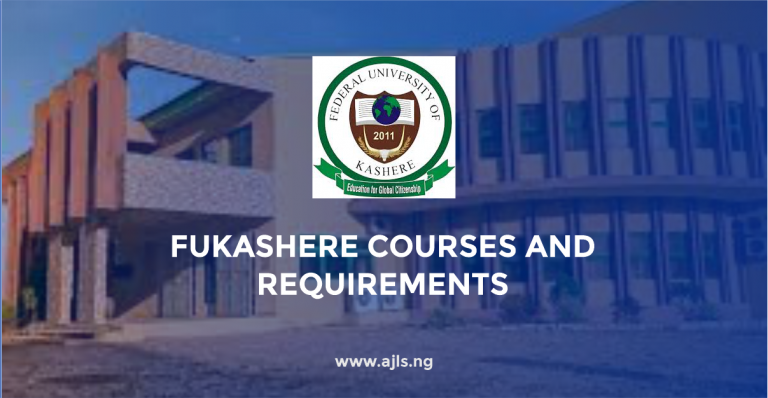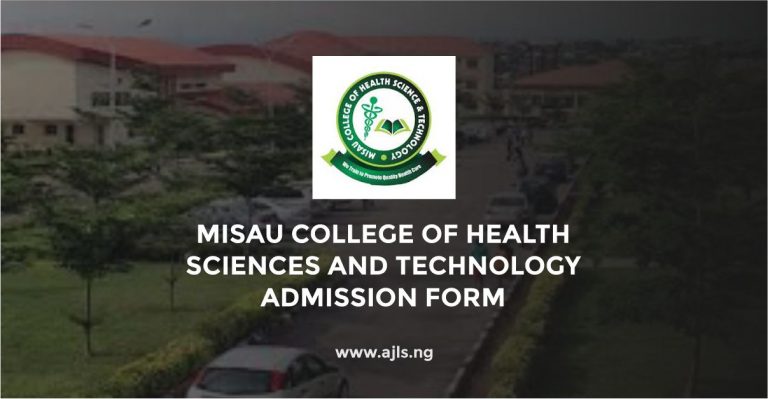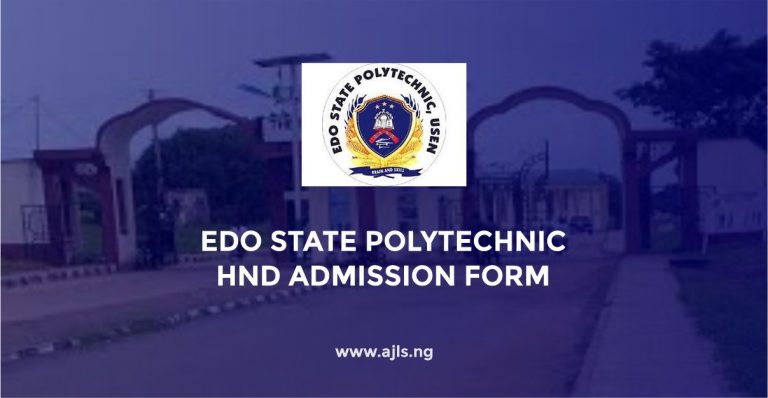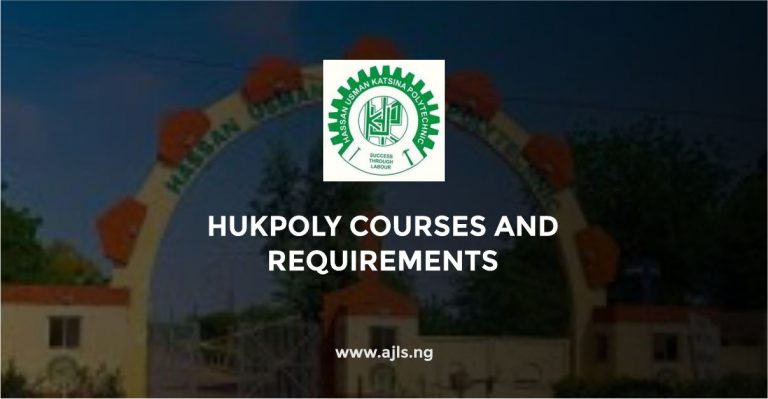JAMB Syllabus For Literature in English 2026
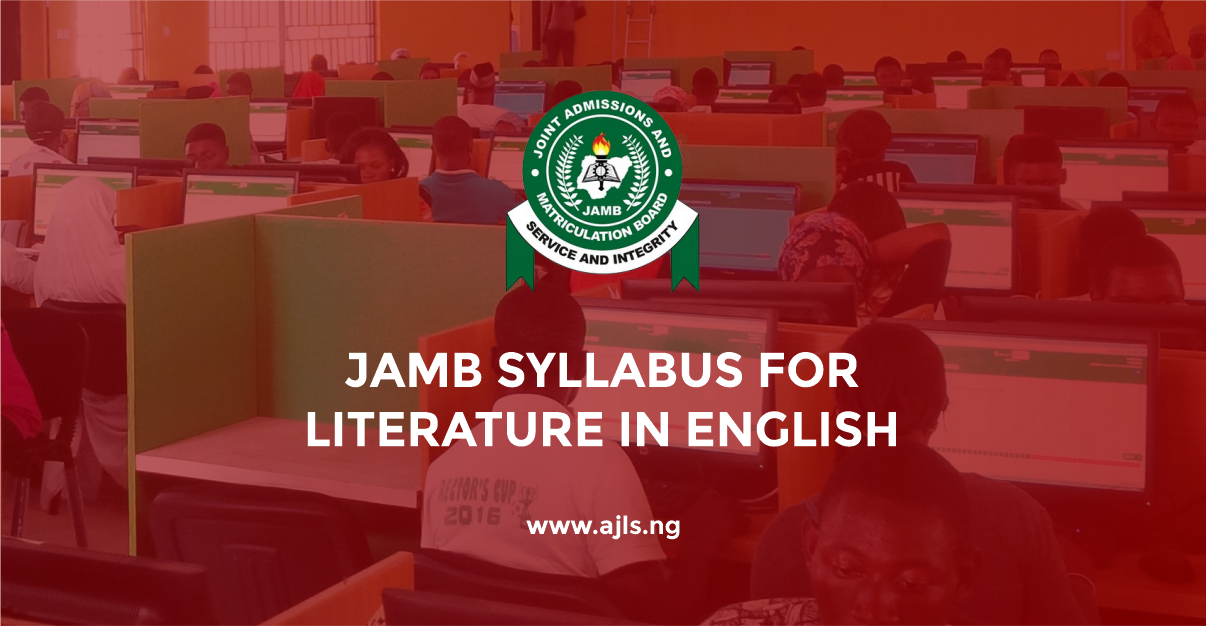
The Joint Admissions And Matriculation Board has released a syllabus for the 2026 Literature-in-English JAMB Paper. The JAMB Syllabus For Literature-in-English serves as a revision tool for both schools and candidates. It contains a list of topics and areas that will be covered in the examinations and also objectives that candidates are expected to meet in each topic.
If you are preparing for the 2026 JAMB examinations, you should have this syllabus handy, This way you won’t waste your time studying random topics that may not even appear in the examinations.
Read this post to the end to see the JAMB Syllabus For Literature-in-English 2026. We have also provided study tips and a list of recommended books to help you study effectively. Good luck with your upcoming examinations.
JAMB Syllabus For Literature in English
The literature paper is divided into Prose, Poetry, Drama, and Literary Criticism. Here is a detailed syllabus showing the areas to be covered in the JAMB examinations 2026.
| Section | Topics | Objectives |
|---|---|---|
| Drama | a. Types: Tragedy, Comedy, Tragicomedy, Melodrama, Farce, Opera, etc. | i. Identify different types of drama. |
| b. Dramatic Techniques: Characterization, Dialogue, Flashback, Mime, Costume, Music/Dance, Décor/Scenery, Acts/Scenes, Soliloquy/Aside, Figures of Speech. | ii. Analyze the contents of various types of drama. | |
| c. Interpretation of Prescribed Texts: Theme, Plot, Socio-political context, Setting. | iii. Compare and contrast features of different dramatic types. | |
| iv. Demonstrate knowledge of dramatic techniques in prescribed texts. | ||
| v. Differentiate between styles of playwrights. | ||
| vi. Identify the theme of prescribed texts. | ||
| vii. Identify the plot of the play. | ||
| viii. Apply lessons from the play to real-life situations. | ||
| ix. Identify the spatial and temporal setting of the play. | ||
| Prose | a. Types: Fiction (Novel, Novella/Novelette, Short Story), Non-fiction (Biography, Autobiography, Memoir), Faction (Fact and Fiction). | i. Differentiate between types of prose. |
| b. Narrative Techniques/Devices: Point of View (Omniscient/Third Person, First Person), Characterization (Round, Flat, Foil, Hero, Antihero, etc.), Language. | ii. Identify the category of each prescribed text. | |
| c. Textual Analysis: Theme, Plot, Setting (Temporal/Spatial), Socio-political context. | iii. Analyze components of each type of prose. | |
| iv. Identify narrative techniques used in prescribed texts. | ||
| v. Determine the author’s narrative style. | ||
| vi. Distinguish between different types of characters. | ||
| vii. Determine the thematic preoccupation of the author. | ||
| viii. Identify the plot and setting of the novel. | ||
| ix. Relate the text to real-life situations. | ||
| Poetry | a. Types: Sonnet, Ode, Lyrics, Elegy, Ballad, Panegyric, Epic, Blank Verse, etc. | i. Identify different types of poetry. |
| b. Poetic Devices: Structure, Imagery, Sound (Rhyme/Rhythm, Repetition, Pun, Onomatopoeia), Diction, Persona. | ii. Compare and contrast poetic types. | |
| c. Appreciation: Thematic preoccupation, Socio-political relevance, Style. | iii. Determine poetic devices used. | |
| iv. Show how devices create aesthetic effects. | ||
| v. Deduce the poet’s preoccupation. | ||
| vi. Appreciate poetry’s moral values. | ||
| vii. Apply lessons from poetry to real-life situations. | ||
| General Literary Principles | a. Literary Terms: Foreshadowing, Suspense, Theatre, Monologue, Dialogue, Soliloquy, Symbolism, Protagonist, Antagonist, Figures of Speech, Satire, Stream of Consciousness, etc. | i. Identify literary terms in drama, prose, and poetry. |
| b. Literary Principles: Direct imitation in play, Versification in drama and poetry, Narration of people’s experiences, Achievement of aesthetic value. | ii. Identify general principles of literature. | |
| c. Relationship between literary terms and principles. | iii. Differentiate literary terms from principles. | |
| iv. Use literary terms appropriately. | ||
| Literary Appreciation | Unseen Passages/Extracts from Drama, Prose, and Poetry. | i. Identify literary devices in a passage. |
| ii. Provide a meaningful interpretation of the passage. | ||
| iii. Relate extracts to real-life experiences. |
Recommended Texts For JAMB Literature-In-English Examinations
Below is a list of literature texts JAMB will be drawing their questions from. The books have been divided into African and Non-African to help you identify which is which.
| Genre | African | Non-African |
|---|---|---|
| Drama | Wole Soyinka: Lion and the Jewel | John Osborne: Look Back in Anger |
| Prose | Buchi Emecheta: Second Class Citizen | Emile Brontë: Wuthering Heights |
| Alex Agyei Agyiri: Unexpected Joy at Dawn | ||
| Poetry | Leopold Sedar Senghor: Black Woman | John Donne: The Good Morrow |
| Niyi Osundare: The Leader and the Led | Maya Angelou: Caged Birds | |
| Agostinho Neto: The Grieved Lands | T.S. Eliot: The Journey of the Magi | |
| Oumar Farouk Sesay: The Song of the Women of the Lands | D.H. Lawrence: Bats | |
| Lade Wosornu: Raider of the Treasure Trove | ||
| Onu Chibuike: A Government Driver on his retirement |
Tips For Studying For JAMB Literature Exams
The syllabus is a tool, and how you use it determines the results, here are some tips you can use to ensure you make the most of the syllabus:-
- Prioritize topics that need more attention and spread your study time across the different sections.
- Use the syllabus to track the areas you have covered and what you still need to study.
- Past questions are the holy grail of revision. Studying with it will help you learn possible ways to answer your questions. Also, it will familiarize you with the question pattern JAMB utilizes.
- Do not just read for one day and be done with it, always go back to what you have read and practice all over again. Remember, practice makes perfect.
We hope that you learned a lot from this post and you were able to download the JAMB Syllabus For Literature in English 2026 in PDF. If you have questions or need clarification, we are waiting in the comments to receive and treat your questions. Do not forget to share this post with others.
